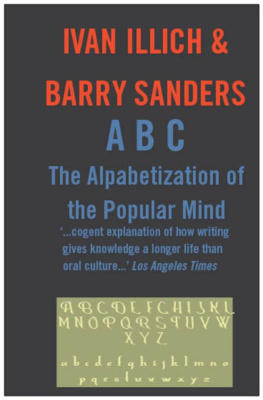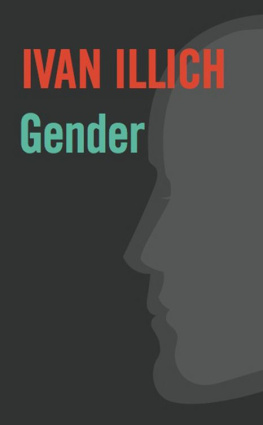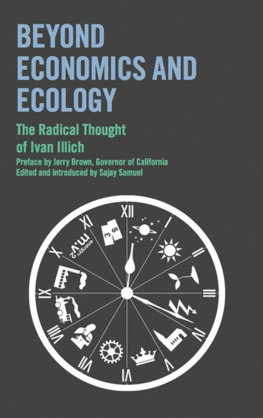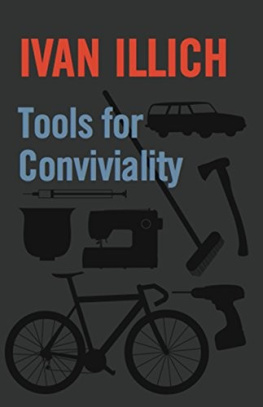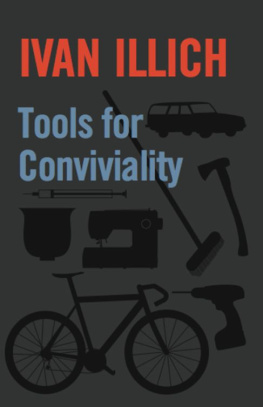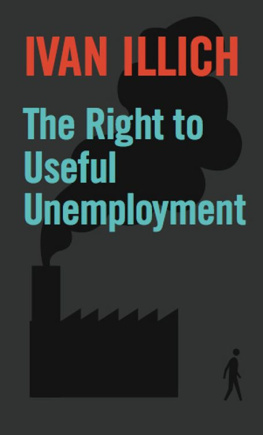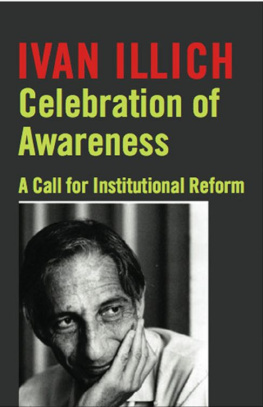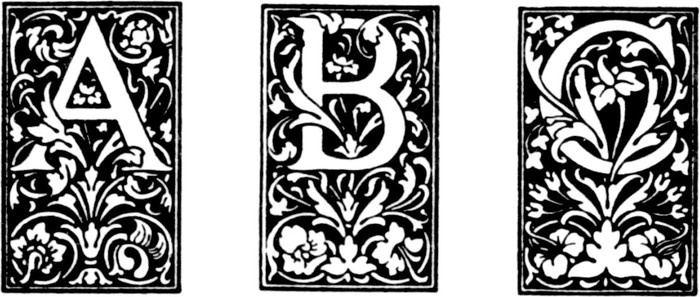EPISTOLA PRIMA.
AD RANULPHUM DE MAURIACO.
Quodcharitasnunquamexcidit.
Dilecto fratri R. H UGO peccator.
Charitasnunquamexcidit (ICor. XIII ). Audieram hoc et sciebam quod verum erat. Nunc autem, frater charissime , experimentum accessit, et scio plane quod charitas nunquam excidit. Peregre profectus eram, et veni ad vos in terram alienam; et quasi aliena non erat, quoniam inveni amicos ibi: sed nescio an prius fecerim, an factus sim. Tamen inveni illic charitatem, et dilexi eam; et non potui fastidire, quia dulcis mihi erat; et implevi sacculum cordis mei, et dolui quod augustus inventus est, et non valuit capere totam: tamen implevi quantum potui. Totum implevi quod habui, sed totum capere non valui quod inveni. Accepi ergo quantum capere potui, et onustus pretio pretioso pondus non sensi, quoniam sublevabat me sarcina mea. Nunc autem longo itinere confecto, adhuc sacculum meum plenum reperio, et non excidit quidquam ex eo, quoniam charitasnunquamexcidit. Illic ergo, frater charissime, inter ctera memoria tui primum inventa est, et signavi ex ea litteras istas, cupiens te sanum esse et salvum in Domino. Tu ergo vicem repende dilectionis, et ora pro me. Dominus
Jesus Christus tecum sit. Amen.
Design by David Bullen
Typeset in Mergenthaler Cloister
by Wilsted & Taylor
with Delphin II display
and Unicorn Initials
Contents
This book gives shape to a series of discussions that took place as we were each others guests in Claremont and Mexico . The continuing theme in our conversations was medieval paleography. From our discussion of the impact of the written word on the mind of the laity in the late twelfth century, we strayed to speculations on two late-twentieth-century issues: the impact of literacy campaigns on the increasing number of people who remain functionally illiterate; and the impact that communication theory has had on our colleagues perceptions of reality, turning the English language into no more than a code. Our efforts to understand the effect that parchment and seal, ink and pen had on worldview eight hundred years ago led us to the discovery of a paradox: literacy is threatened as much by modern education as by modern communication and yet, adverse as the side effects of compulsory literacy have been for most of our contemporaries, literacy is still the only bulwark against the dissolution of language into information systems.
We decided to retrace the route by which we had arrived at this paradox. We wrote for our own consolation and the pleasure we found in exchanging notes. When our notes turned into chapters, we agreed to make our reflections public . Since we have reached no conclusions and want to make no recommendations, we have only described a history that has jolted us into our new understanding. We cannot speculate about a future that, at least for the two of us, does not exist.
As students of the Middle Ages we have traveled two separate paths: one starts from Hugh of Saint Victors discovery that the supreme form of reading consists in the silent contemplation of the text; the other leads from Geoffrey Chaucer and his outspoken, even overspoken Wife of Bath to Huckleberry Finn, whose words cannot be contemplated silently .
We are both lettered, that is, creatures of the book, and not simply because we know how to write or decipher books. In the society that has come into existence since the Middle Ages, one can always avoid picking up a pen, but one cannot avoid being described, identified, certified, and handledlike a text. Even in reaching out to become ones own self, one reaches out for a text.
We are prejudiced in favor of history in trying to understand when and how this society came into existence. The techniques that have constituted alphabetic writing consonants , vowels, breaks between words, paragraphs, titlesdeveloped historically to become what they are today. Certain constructs that cannot exist without reference to the alphabet thought and language, lie and memory, translation, and particularly the selfdeveloped parallel to these writing techniques.
If these categories had a historical beginning then they can also come to an end. Our keen awareness of literacy as a historic construction whose first emergence we can describe deepens our sense of responsibility to preserve it. Standing firmly on the terra of literacy, we can see two epistemological chasms. One of these chasms cuts us off from the domain of orality. The other, which moves like smog to engulf us, equates letters with bits of information, degrading reading and writing.
We discuss this impending degradation only at the end of this book. Uwe Poerksen examines it in detail elsewhere. He is one of five friendsthree of whom are finishing their own manuscriptswhose contributions aided our work. Poerksen is a medievalist and a linguist, known for his history of vernacular language as used in science, when Latin was abandoned as the only scientific tongue. In his new book he deals with the mathematization of ordinary speech: what we refer to in chapter seven as amoebawords. The fourth friend, Majid Rahnema, left a high United Nations position to call for the redefinition of major development goals rather than the redesign of institutional or technical means. He analyzes the unwanted side effects of literacy programs, while we limit ourselves to the history of the categories out of which these programs are constructed. The fifth friend is Barbara Duden. Her subject is the sociogenesis of the modern human body. In the light of historical studies, she shows that the result of the selfs possessive description (or should we say, the possessive self-description) is to make the body into a layer cake of superimposed texts, each text lettered by a different profession to define a separate set of needs that only that profession can meet. The body thus appears as the incarnation of texts.
In view of this community of collaborators, the reading guide at the end of this book has a narrow scope. It leads to the starting point of our conversations: the alphabetization of the twelfth-century popular mind.
HistorybecomespossibleonlywhentheWordturnsintowords.Onlyverbatimtraditionsenablethehistoriantoreconstructthepast.Onlywherewordsthatwerelostcanbefoundagaindoesthehistoriographerreplacethestoryteller.Thehistorianshomeisontheislandofwriting.Hefurnishesitsinhabitantswithsubjectmatteraboutthepast.Thepastthatcanbeseizedisrelatedtowriting.
Beyondtheislandsshores,memoriesdonotbecomewords.Wherenowordsareleftbehind,thehistorianfindsnofoundationsforhisreconstructions.Intheabsenceofwords,artifactsaresilent.Wehaveoftenfeltfrustrated,butweacceptthatprehistory

